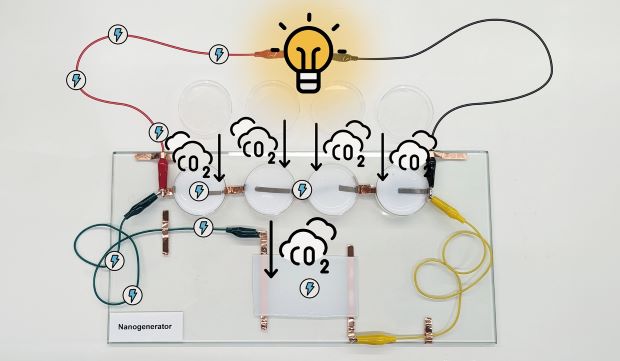
South Australia’s proposed novel ‘bricklet’ investment system could be a ‘pandora’s box’ without significant reworking according to Griffith University research in the Australian Property Law Journal.
Intended to be trialled in two newly-built Adelaide apartments, split into 20 equal parcels of property title, the blockchain based system aims to make property investment more affordable.
Dr Kate Galloway from Griffith Law School says the proposed blend of blockchain and Australia’s property registry system known as Torrens title, another South Australian invention, creates several legal challenges.
“What is unique about the proposal is that these property interests would be traded like shares via smart contracts on a blockchain and at the same time would be registered in the land titles office.
“There are a lot of unanswered questions about how they propose to do that. There are specific rules about how you come to own a valid interest in land and that can only exist if you are listed on the government register.”
According to Dr Galloway, one significant concern is the potential for the blockchain register and the land title register to fall out of sync and provide conflicting records of ownership.
“This raises the possibility that under the proposal there are two different kinds of property interests being created. While ordinary people might not care about that, it makes lawyers a bit anxious.
“You could potentially trade property on blockchain or by buying the land title, but without linking them you’ve got a mismatch between the two systems. If the scheme is to be introduced, we would need complex changes to our real property law.
“That law would need to ensure that these property interests are linked together and it would need to explain what kind of rights are being created within our current framework of land ownership.”
The research paper also raised concerns about how these fragmented land interests would be valued by banks and investors as an asset.
Dr Galloway said the research was intended as a roadmap for governments to understand the complex legal issues at play and the land administration infrastructure needed, to ensure both legal and technology systems are interoperable.
She is also wary as to whether SA’s proposed bricklet scheme can effectively address the growing property wealth gap, particularly among younger Australians.
“The problem may or may not be fixed by this solution and to the extent that it might be, there are many other socio-legal factors that need to be dealt with.”
Fractionalised land interests: More questions than answers is available now.







